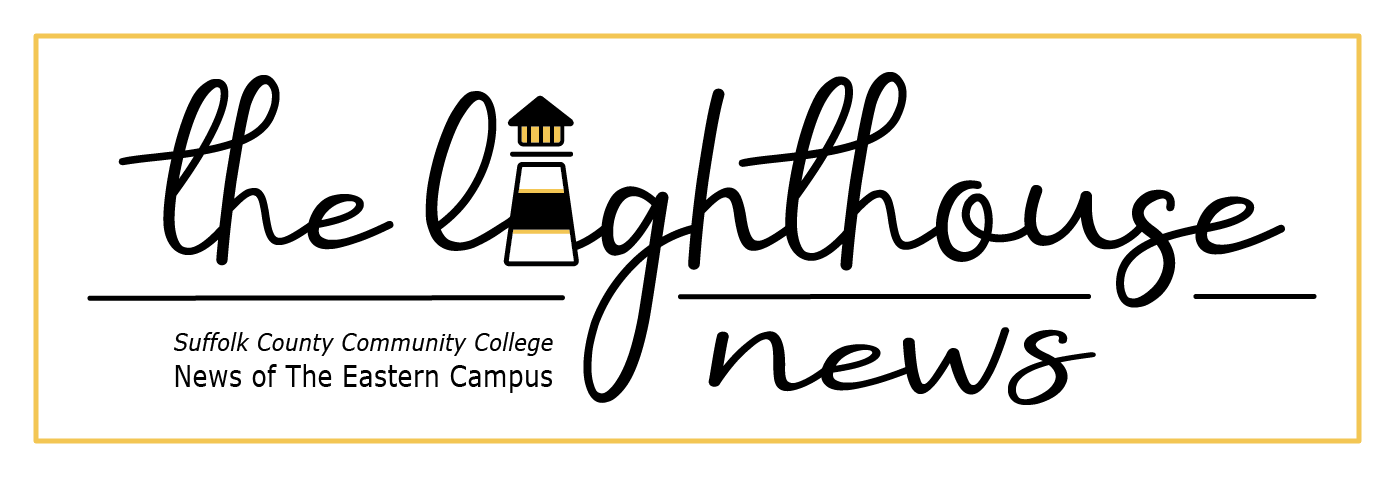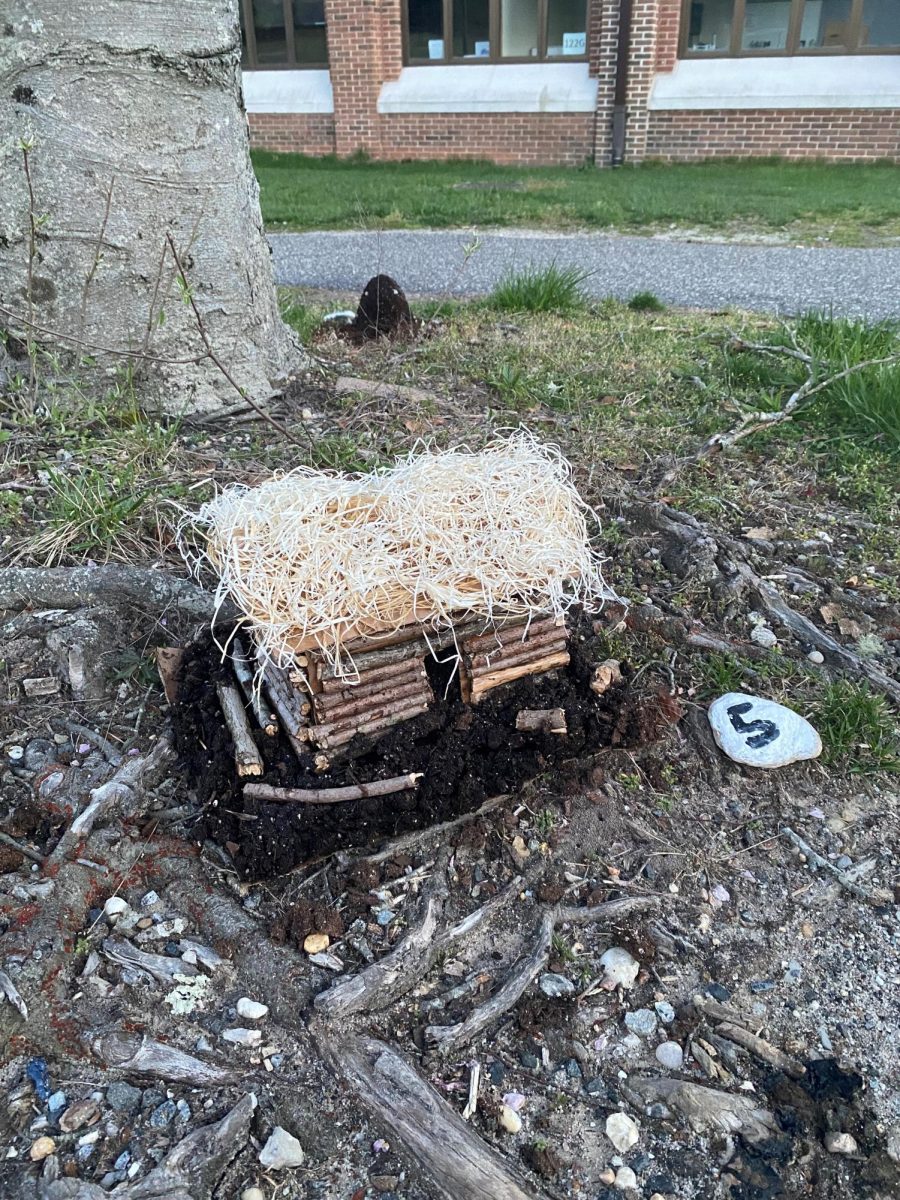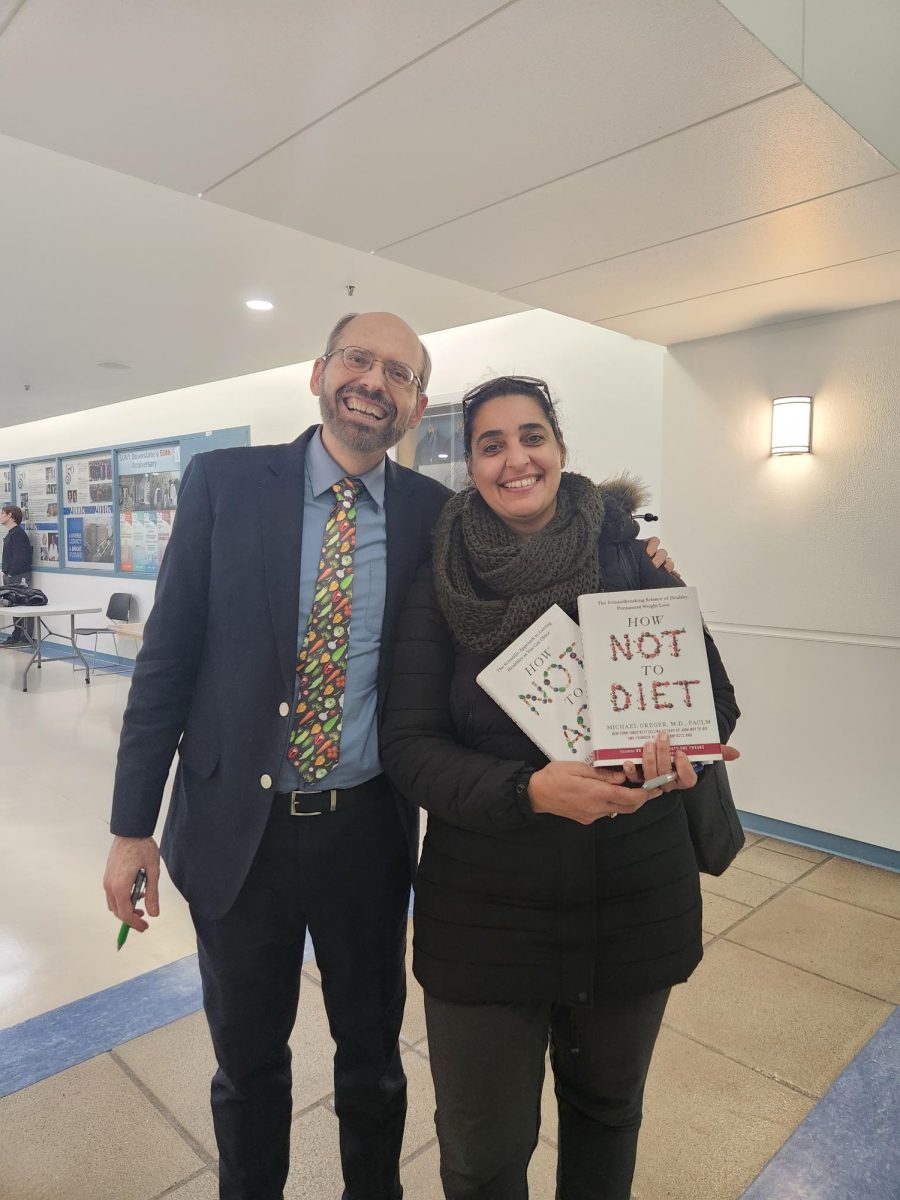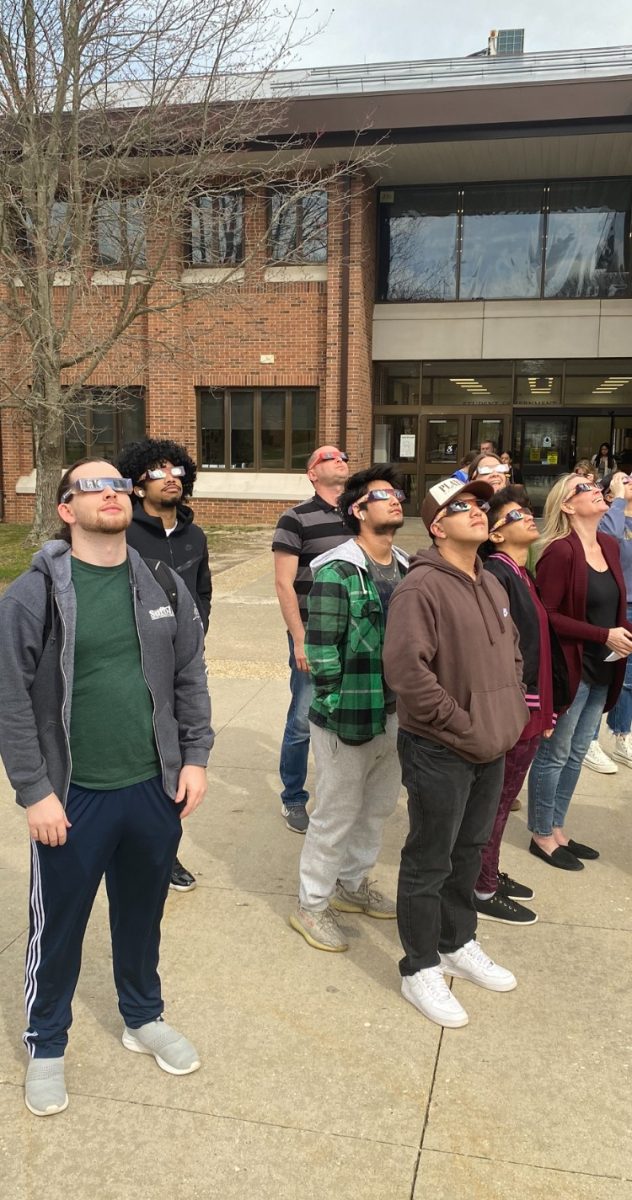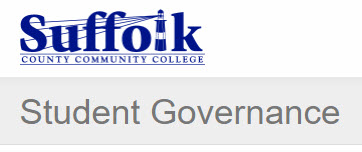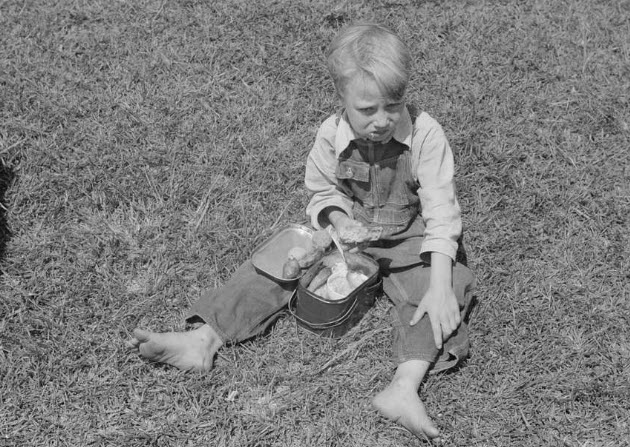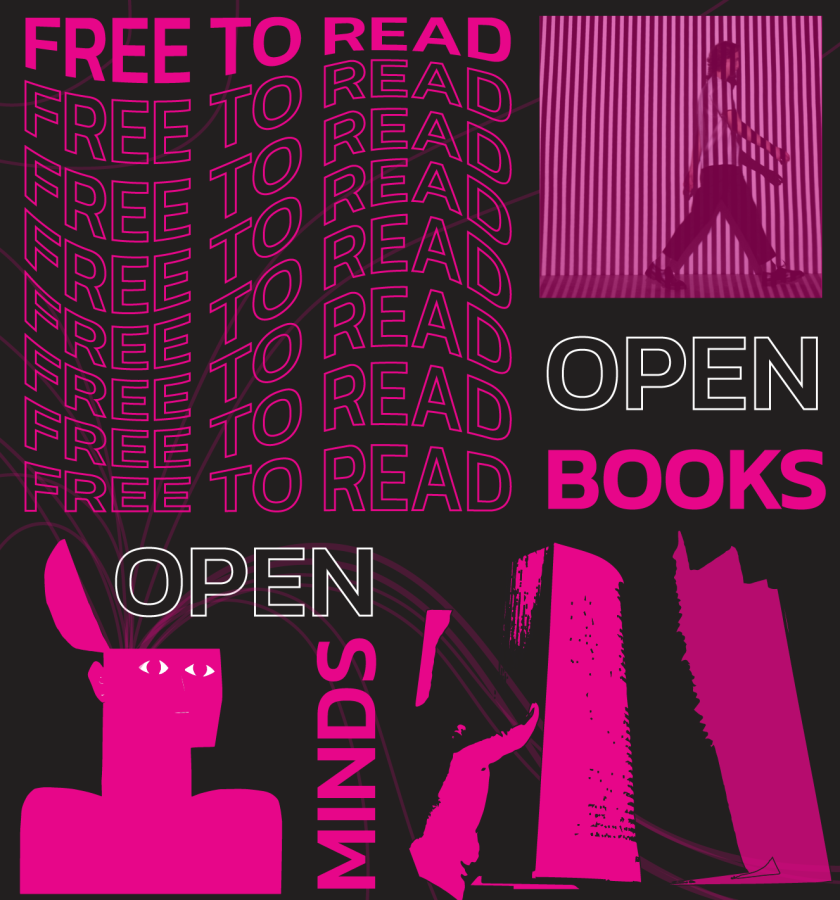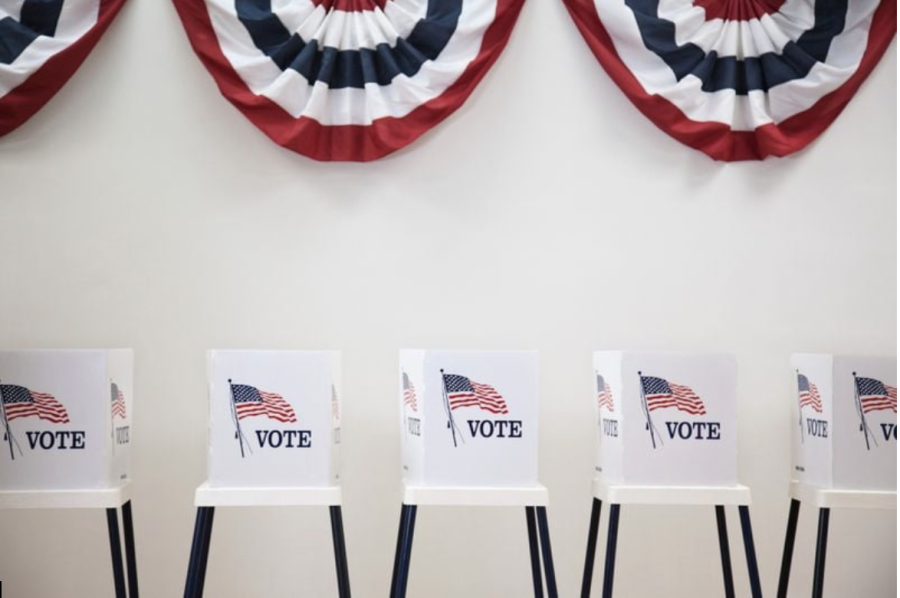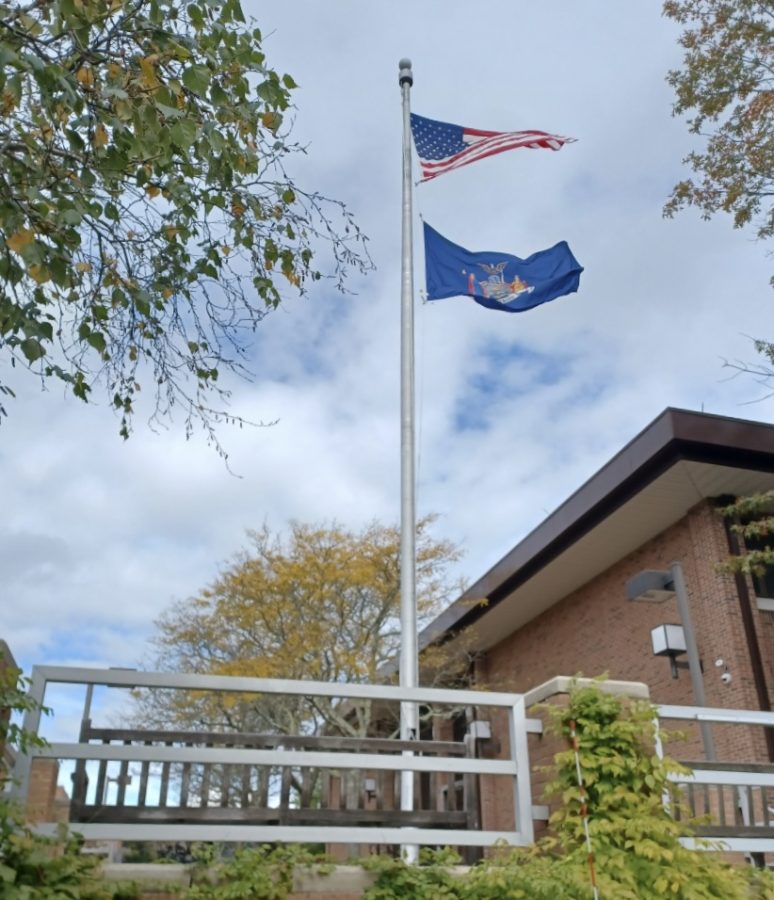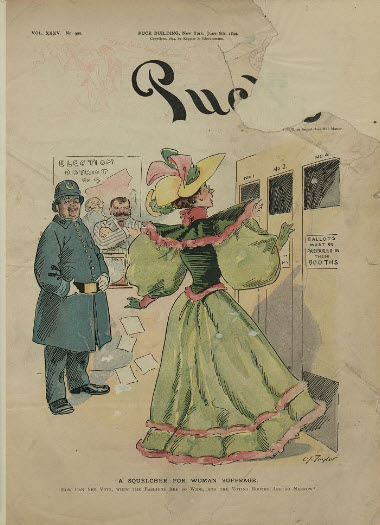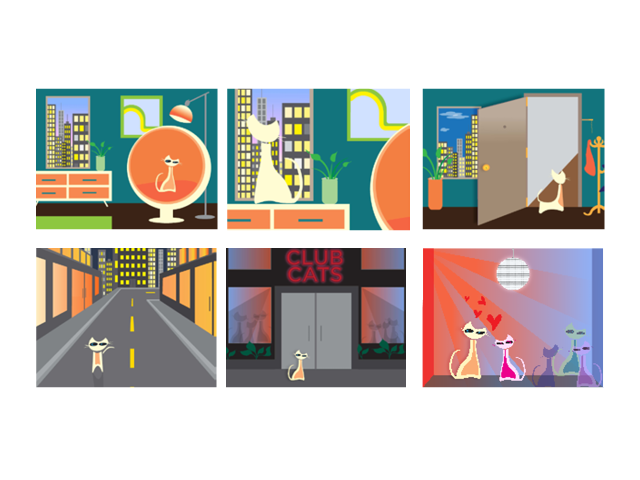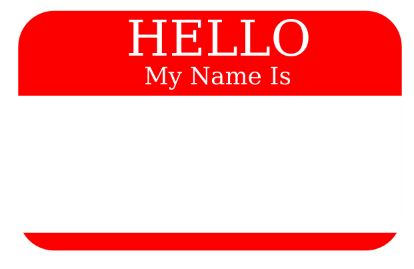That’s My Name, Please Wear It Out
Orangielee. I remember watching her walk in the classroom on the first day of eighth grade. She sat right next to me, and over time we became the best of friends. In high school, we had many classes together, and I remember her name being mispronounced almost every day. I could see how her mood would change. Sometimes she would even anticipate this and would just say “here” when watching the teacher’s confused face after saying “Orange-e-lee” after she would repeatedly tell them it was pronounced “Ang-a-lee”.
As I got to know her more and more, I found out she would introduce herself to others by saying, “My name is Orangielee, but you can call me Alexis”. I remember asking her why she introduced herself that way, and she would tell me it was annoying hearing teachers botch her name daily.
Foreigners “Americanize” their names to fit into society. They do this because they feel as though their name might be too long or too complicated for the average American to pronounce correctly. By doing this, they can stray away from their culture and identity just to make life easier for others. But, with a little bit of effort and courtesy, people can learn to pronounce these “long and difficult names.”
I believe faculty and staff should put in the effort to correctly pronounce student names because not doing so can contribute to academic struggles and cause some to lose a sense of self, and because correct pronunciation makes people feel welcomed and valued.
Continued incorrect pronunciations can lead to academic decline. Students who constantly hear their names botched by professors might lose interest in the class. Dr. Rita Kohli, a professor of Education at UC Riverside, says that due to repeated mispronunciation, students were less willing to speak in class. Kohli believes they began to be less visible.
Oh Kohli believes students are less likely to participate in class activities to avoid embarrassment. Speaking from personal experience, when someone mispronounces my name, it doesn’t feel good. I specifically remember asking a friend if I should even try in class if a teacher doesn’t pronounce my name correctly. Kohli claims that teachers who don’t learn students’ names invalidate students’ identities and create barriers to success.
Identity is how people perceive themselves and present to others, and many factors come into play. Names are given to babies as a way to identify them, and names are personal. In NEA News, Clare McLaughlin reports on research about the impact of teachers learning their students’ names. Former teacher Jennifer Gonzalez says, “Whether you intend to or not, what you’re communicating is this: Your name is different. Foreign. Weird. It’s not worth my time to get it right.”
McLaughlin argues that “names hold ancestral and historical significance for many minority, immigrant and English learning students. Names bring stories, which students are often forced to adapt to an ‘Americanized’ context. That transition, however, is often painful and forces many students to take on names that are not their own.” In many instances, students shorten their name or Americanize their given names to make life for others easier.
I vividly recall multiple instances where I began to question my identity and I even began considering changing my name. You would think Tamara is a simple name to pronounce, but it seems to always trip people up. Growing up, I got so used to being called “Tuh-MAR-uh” rather than “Tuh-MAIR-uh,” I began to listen out for this incorrect pronunciation instead of my actual name. I constantly pondered changing my name to Tamera to make things easier for everyone. Now, at nineteen years old, I have learned to appreciate my name and be vocal about its correct pronunciation.
No one likes to hear their name incorrectly pronounced. People feel left out, singled out, or even inferior to others. It is crucial for society to value correct pronunciation of names to make everyone around them feel welcomed. Despite many people getting my name wrong, my current employer made sure they were pronouncing it correctly. This gave me a sense of relief and I felt valued. It felt good to know that some people genuinely care to make sure I feel welcomed even on my very first day at work. Dr. Marie-Therese Claes, Head of the Institute for Gender and Diversity at WU Vienna University, asserts, “When one’s name is used and pronounced correctly, the person typically feels valued, respected, included. When it is mispronounced, by contrast, they may feel not heard, hurt, otherized, aggressed, or not important enough.”
Dr. Claes goes on to say “Research conducted in Western nations shows that job candidates with ‘foreign’ names are not as likely to be called back for an interview as candidates with Western names. Choosing an ‘easy’ Western name has thus been used as a strategy.” According to research, it is evident that those with “difficult” names receive some sort of backlash. This research helps explain the disinterest or even disappointment some people feel.
Names define people and reflect their cultures. When names are mispronounced it can upset people. I used to get very angry when my name was said incorrectly because it just seems so simple to me. Some names may be a little longer or less common than others, but all you need is a little bit of effort and repetition to get it right. Although it seems like a minor thing to do, it can do a lot for a person if you go out of your way to do the simple gesture in asking for clarification.
“If I incorrectly pronounce your name, correct me because getting your names right is very important to me.” I felt such relief when I heard my English professor say this on the first day of class at SCCC. It reminded me of how one day Orangielee and I walked into a class and the teacher apologized for her incorrect pronunciation and asked for us to clarify our names. Once she reached Orangielee, she paused and asked Orangielee how to pronounce her name and then repeated it back to her until she got it correct. I watched as the life-long anxiety was released from her body.
We spoke after class about how nice it was to hear our teacher correctly say her name, and I thought nothing of it until we approached the middle of the school year. She began to participate daily, showed up to class on time, and it was very evident her mood towards the teacher changed,
and I remember thinking, “Wow, who knew a bunch of letters put together could mean so much to someone?”
